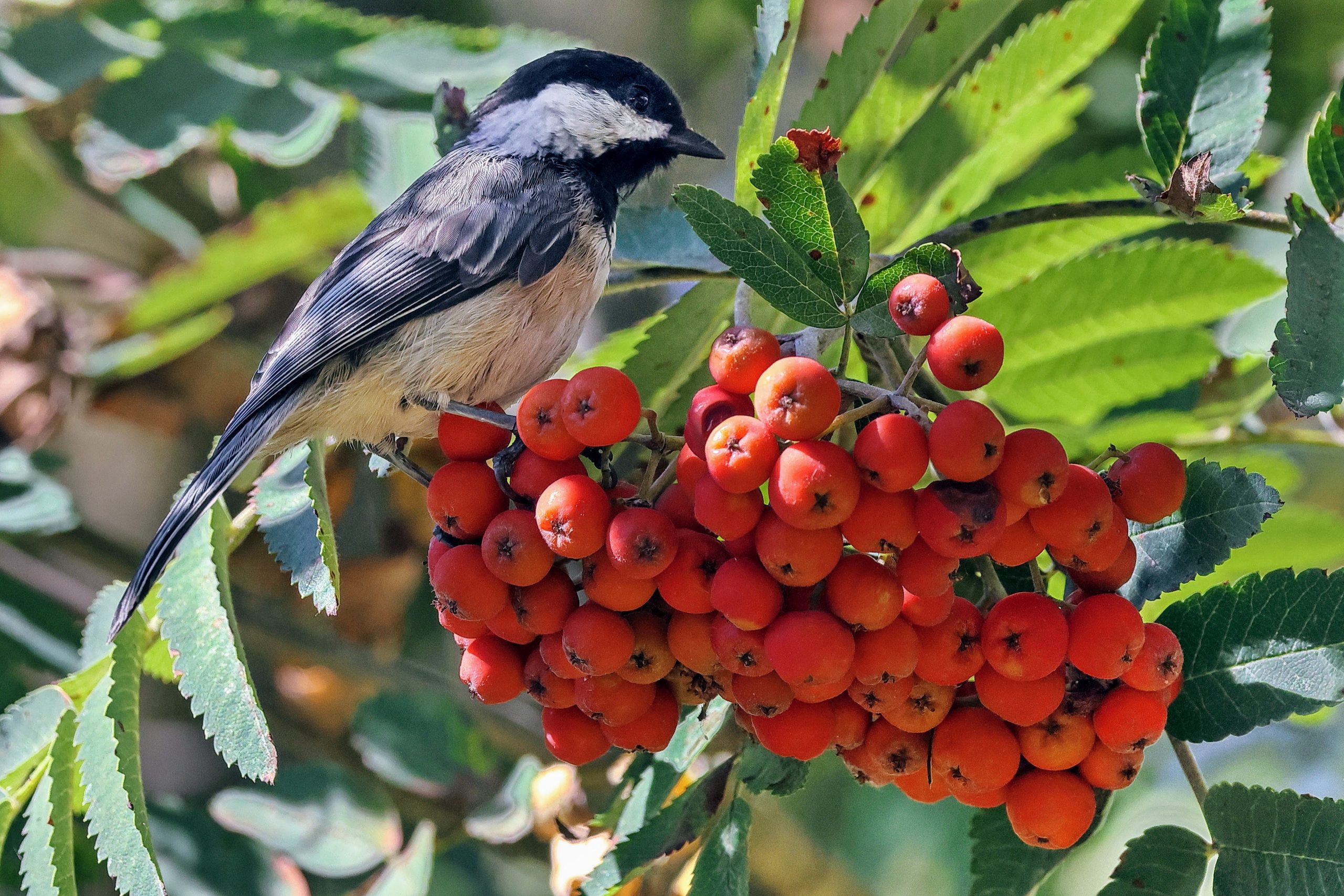Support Us
Since 1979 more than 140,000 animals have been treated by Wildlife Rescue.
Thanks to the support of individuals like you, Wildlife Rescue can provide a lifeline for animals in distress.
 Now that spring is well on its way, many of us are looking to get started on the season's gardening so that we can enjoy a beautiful outdoor space all summer. You can get your backyard ready for yourself and... Read More
Now that spring is well on its way, many of us are looking to get started on the season's gardening so that we can enjoy a beautiful outdoor space all summer. You can get your backyard ready for yourself and... Read More
Thanks to the efforts of Wildlife Rescue staff and you the young herons were raised under supportive care at Wildlife Rescue hospital. One heron was much older than the other and developed his skills quickly and therefore was released a few weeks earlier and the other joined him a few weeks later.
Read MoreThe large group of quails has been growing and developing slowly over the last few weeks and has gained weight and are starting to show signs of flight. They are not in the final stage of their pre-conditioning release and in a large enclosure that mimics their natural environment.
Read MoreLike many other birds, Black-headed Grosbeak breed in British Columbia and then migrate south to warmer climates. The Black-headed Grosbeak males are easily identifiable by its orange breasts, blackheads, and black and white wings. Females have brown heads and orange and brown breasts. Both males and females have large bills that assist them in gleaning foliage and assembling nests.
Read MoreStaff and volunteers have worked hard in the last 3 weeks, providing, much-needed warmth and a nutritional diet of seeds, chick mix, and insects to ensure these babies can make it into adulthood and safely return home. They are now half their adult weight and are growing their flight feathers and crest feathers.
Read MoreHome to half of the world’s species, World Rainforest Day was created in 2017, to take action to combat deforestation, reduce the effects of climate change, and protect our rainforest. World Rainforest Day aims to help restore and regenerate healthy rainforests in your local communities.
Read More